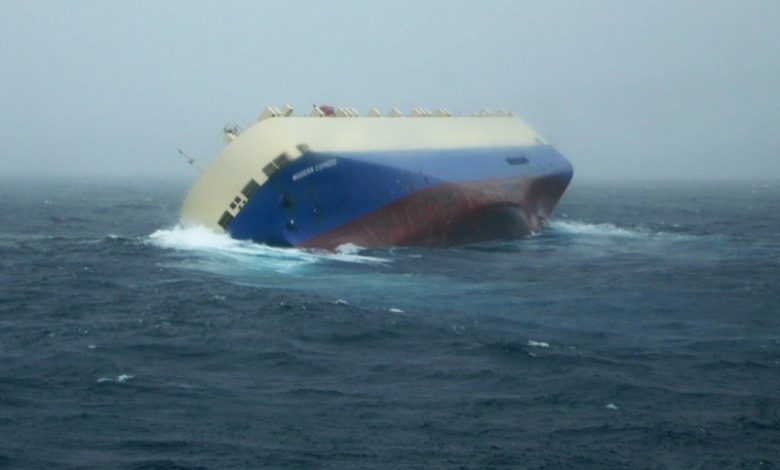IUMI warns buffers to cover big losses are non-existent

The International Union of Marine Insurance (IUMI) is holding its annual conference in Cape Town this week.
The global insurance body has warned that there is an increasing mismatch between premium income, covered risk and claims costs. On a global average basis, buffers to cover extraordinary single or accumulation losses are non-existent, IUMI stated in a release yesterday.
Vice-chair of IUMI’s Facts & Figures Committee, Astrid Seltmann explained: “Overall premium income reached $28.5bn in 2017, which represents a 2% increase compared with 2016. This upswing is largely attributable to growth in trade plus strengthening of European and other currencies against the US dollar. But it masks the dramatic situation which is unfolding when current premium levels are viewed in relation to covered risks and the impact of claims.”
The cargo market was recently affected by unprecedented nat-cat and outlier event losses and this has negatively impacted underwriting results. It also signals the increasing, and often unknown, accumulation of values both on shore and at sea, IUMI warned.
Also of concern to the insurance body are owners’ failure to ensure their ships are in decent condition. In the hull market, falling vessel values have, among other market conditions, contributed to an erosion of income to a degree where income is now not sufficient to allow for normal repair costs in a given year, IUMI observed.
Also of note in the news coming out of IUMI’s Cape Town meet-up is the insurance body’s view that the risk of a single major loss incurring unprecedented cost remains significant in light of larger and more sophisticated vessels entering the market and new, more risky trading areas such as polar waters being exploited.
Splash will be carrying further updates from IUMI’s annual conference all week.
